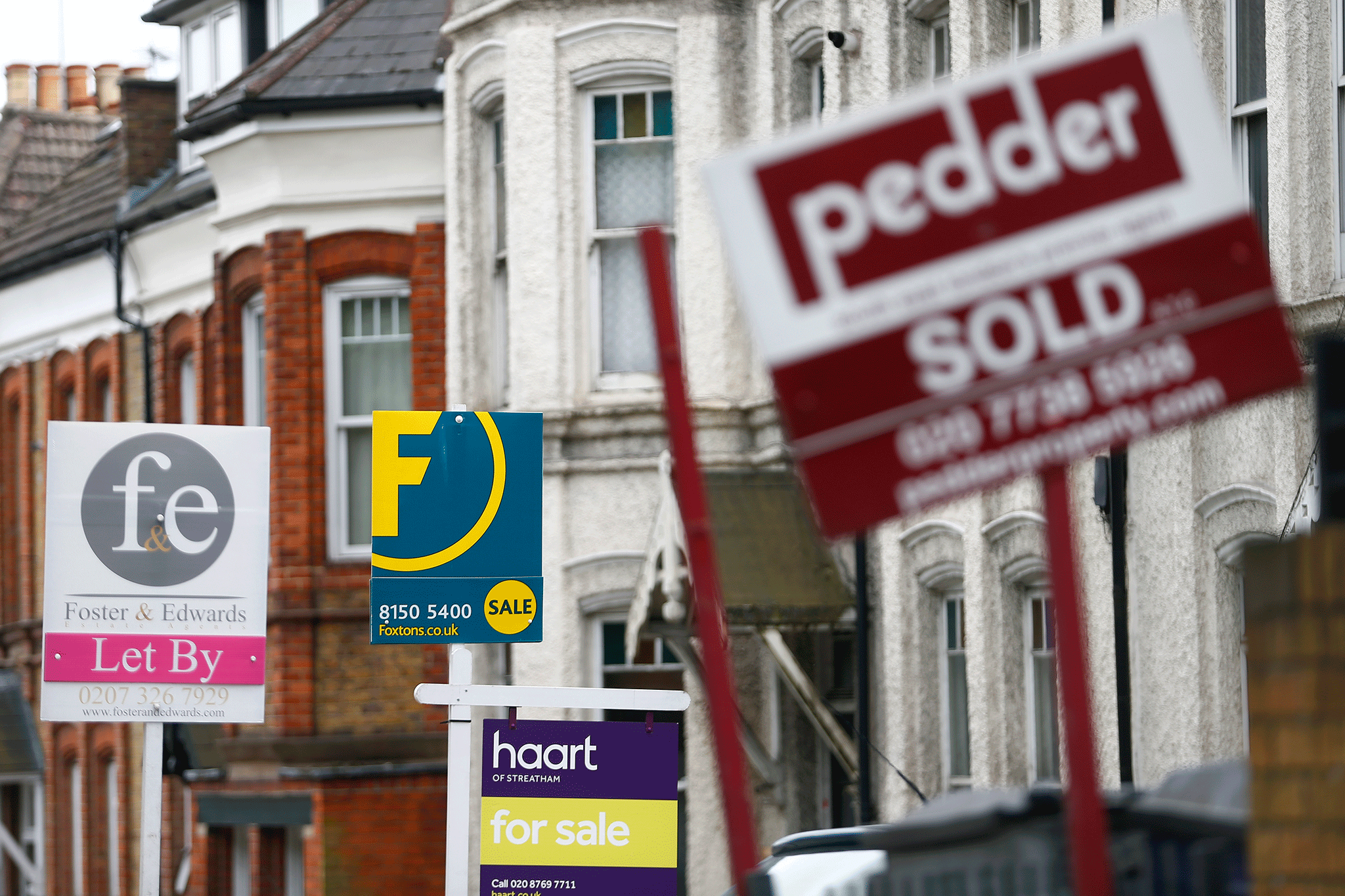Adults returning to ‘Bank of Mum and Dad’ to help them ascend second step on property ladder
It’s back to family and friends for help with housing – again

A third of home buyers moving to their second home expect to go cap in hand to those around them to borrow more than £21,200, despite half of those having already received financial support for their first property worth an average of just over £21,500.
Despite easing lending conditions, research from Lloyds Bank suggests rising property prices mean thousands of so-called second steppers say they wouldn’t be able to make their next move up the home-owning ladder without financial support from family and friends.
As well as using equity from their current property and plundering their savings, one in five second steppers one in five will go to parents, almost one in ten will ask grandparents for money to fund their property and more than one in 20 would even ask friends for help.
The price difference between a typical first-time-buyer home and a second stepper’s ideal home – typically a detached property – is £126,000. However, the average equity level of £105,068 from the sale of their first home can help to reduce this gap by 83 per cent, meaning that second steppers need only add an extra £21,005 to their existing mortgage.
Without that help, more than a third of second steppers say they wouldn’t be able to make their next move. However, of those who require financial help from their parents, almost half believe that their parents have had to make sacrifices in order to help them move up the property ladder.
But movers are also planning to make sacrifices to sell their first home and achieve their second property aims, including having children later in life, having fewer children than they had originally planned and even changing their career.
“Parental support continues to play a vital role in helping young people to get on the property ladder. It is clear that despite improved conditions for this part of the housing market, second steppers will still rely on the “Bank of Mum and Dad”, with hard-pressed parents being once again called on for financial help,” says Andy Mason, mortgage director at Lloyds Bank.
“However, it is encouraging to see many second steppers planning ahead by overpaying their mortgage and making bigger contributions into savings accounts to prepare for when the perfect home becomes available.”
Despite that, a quarter of second steppers report the second jump is harder than getting on the bottom rung, due to a lack of affordable, family-sized properties on the market, the cost of stamp duty and potential changes to interest rates.
Get a free fractional share worth up to £100.
Capital at risk.
Terms and conditions apply.
ADVERTISEMENT
Get a free fractional share worth up to £100.
Capital at risk.
Terms and conditions apply.
ADVERTISEMENT
They are right to be concerned.
The base interest rate – set by the Bank of England, and used by mortgage providers as a key component in calculating the cost of home loans – has been at a “once in a generation” low for eight years.
In that time the average UK property price has risen by more than 40 per cent, the equivalent of £60,000. In hotspots like Cambridge, prices have doubled in that time and in the capital, the average property has broken through the £500,000 barrier, figures from online estate agent HouseSimple.com suggest.
Galloping prices have pushed buyers to the very edges of their finances and beyond, but with the benefit of historically low monthly costs as base rates dropped to 0.5 per cent in 2009 and then to 0.25 per cent last summer.
That may all be about to change however, as the records from the latest Monetary Policy Committee meeting, the group that decides the base rate each month shows growing numbers of members are now in favour of increasing the rate as a result of the most up-to-date economic data.
It could mean an interest rate rise for the first time in around 100 months, something many would-be second steppers have never known, such is the length of time the base rate has been so low.
At the same time, property prices appear to be moving away from the fundamental drivers that push them up with alarming speed.
The Lendy Property Pulse index, which tracks property prices against key factors affecting them, such as average weekly earnings, employment levels, mortgage lending, interest rates and how many new properties are being built, has gone up by 17 per cent in the last two years while property prices have typically increased by 20 per cent.
All this points to what we already knew, that property prices are out of reach for most would-be buyers and movers. For those who have stretched themselves more than is comfortable, with large loans from both formal and informal sources, that chicken is in all likelihood about to come home to roost.
And with the latest data suggesting prices are now beginning to fall, fears over negative equity – another phenomenon that many first- and second-time buyers will have no experience of – are also beginning to increase.
In that case, second steppers may find scraping together the deposit for their next big move with help from their parents is the least of their problems.
Join our commenting forum
Join thought-provoking conversations, follow other Independent readers and see their replies
Comments
Bookmark popover
Removed from bookmarks